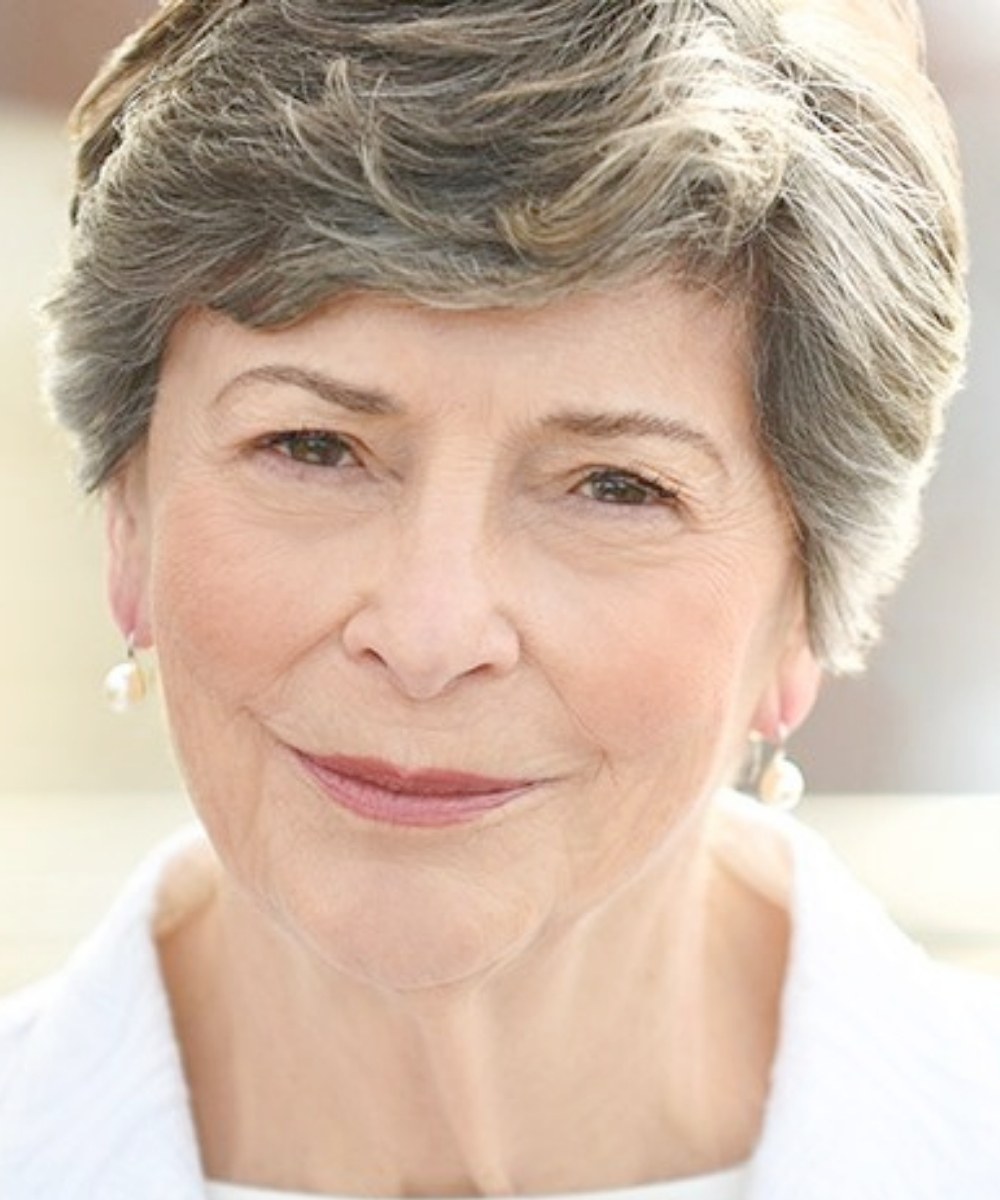“A Portrait of Nanette” is an exclusive Q&A series with author Nanette V. Hucknall. This series will feature in-depth conversations to explore Nanette’s background, her inspirations, her many interests — and her advice to those looking to pursue their passion projects.
What do you love about both practices?
In my career work, I love helping people discover what their talents are, which are usually hidden. My first book was called “Finding Your Work, Loving Your Life”. That is what happens when someone really discovers what vocation s/he is meant to do.
In my therapy work, I love helping someone heal his or her psychological wounds. It is work that is very rewarding and challenging.
With both practices, I introduce my clients to their Higher Selves and help them learn how to utilize this important part of themselves. It also helps them to realize they have a part within that is not wounded but is a positive force that is always there to help them.
How did you first get into practicing this kind of therapy?
In my career work, my main job was being an Art Director, but I also was the President of The Center for Peace Through Culture. I thought it would be important to learn people skills because I was working with many volunteers. So I decided to take the Psychosynthesis training, which is a transpersonal therapy training for psychotherapists. During my training, a friend came to see me and said she didn’t know what she wanted to do in life. I had just learned about the Higher Self in my training and decided to try an exercise with it. The outcome was that she found her vocation and started sending me her friends to work with. I subsequently designed a process to use and then wrote my book, which did very well and was published and translated in five different countries. When I moved from New York to the Berkshires, I decided to do this work full time.
During my career work, I also did a lot of therapy work because of blocks coming from people’s childhood conditioning. After I moved to the Berkshires, something devastating happened in one of the large spiritual centers and they needed psychotherapists to work with their followers. Somehow my name was given to the person in charge and she asked me to work with someone who was damaged by her experience there. They liked my work and suddenly I started getting a lot of psychotherapy clients.
What’s surprised you the most about being a career therapist?
I was working with a client’s Higher Self and she suddenly flipped into a past life. In exploring that I realized that her vocation related to what she did in that life. The outcome of that past life was very negative and that was her block to perceiving that she needed to do that vocation in her present life. I then had to do some training on how to work with past lives, and it became an important part of my career work.
What’s the biggest myth about Psychotherapy? Career Therapy?
When I was younger, the myth for any kind of psychological therapy is that a person shouldn’t need it unless the person was mentally imbalanced. It’s in our western mindset that a person should be strong and self-reliant.
What inspired you to write “Karma, Destiny, and Your Career”?
In the next printing of my book, “Finding Your Work, Loving Your Life”, the title was changed to the above. I felt my work was unusual, innovative, and would be helpful for people to read and try to do on their own.
What sort of advice are people looking for when they come to you?
If they are coming for career counseling, it’s because they are unhappy with the work they are doing, and they want to find another vocation that would make them feel more fulfilled.
If they are coming for psychotherapy, it’s to help them look at what is hurting and blocking them emotionally and psychologically.
When should people consider talking to a careers therapist?
If they feel very unhappy with the work they are doing. Also, if they feel they are missing something in their lives. It’s like they unconsciously know there is a dream that they have missed and would like to find it.
Does a perfect career exist?
I believe in destiny and dharma. If you really follow that, I feel you will have a happy and fulfilled life. Sometimes people have several careers, and if they only do one, they will not feel satisfied. I think my life has been a good example of many careers, all of which I have really enjoyed.
What’s your advice for those that are job hunting right now?
That is such a difficult question especially for young people trying to enter the job market. I know people have to take jobs because of finances, and often they take something mainly because of that, not because it’s something they really want to do. I guess my main advice is: Don’t lose your dream of what you really want to accomplish. Don’t give up; keep seeking what you know is right for you to do.
How have these experiences helped shape your work with Higher Self Yoga or vice versa?
It has been very important, mainly because I have incorporated the psychological in the Higher Self teaching. Most yoga teachings are philosophical, not psychological. I feel strongly that psychological barriers will stop a person from growing spiritually. That’s why the Higher Self Yoga books have a lot of psychology in them and a lot of that I have learned from my work as a therapist. Certainly, working with my Higher Self has also helped me to grow spiritually.




